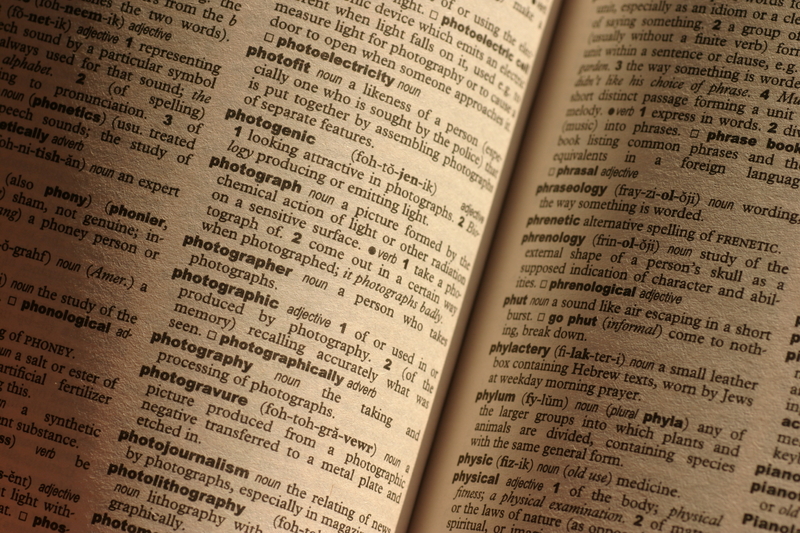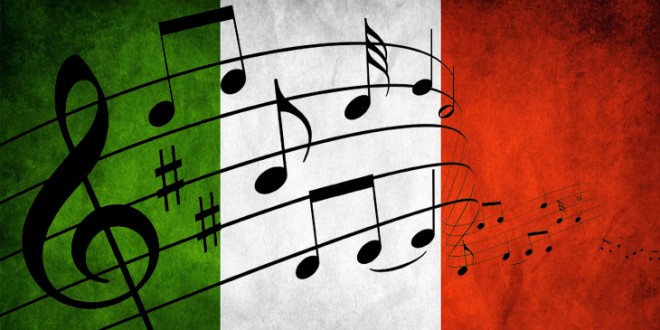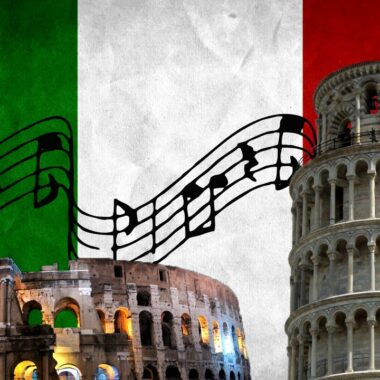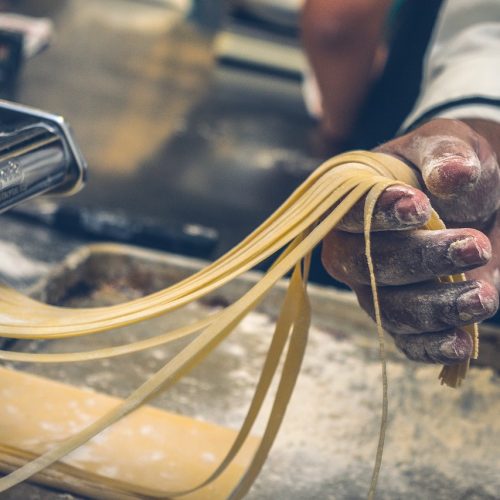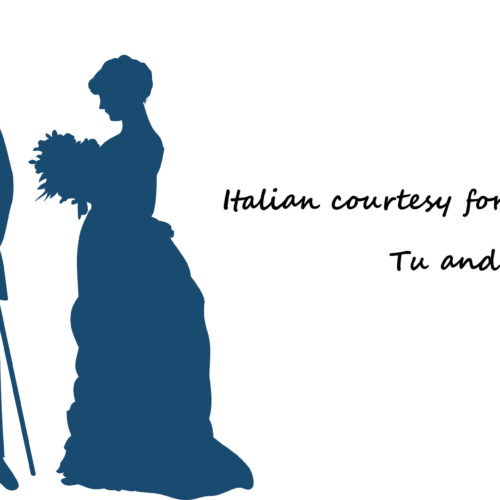The reflexive pronouns (i pronomi reflessivi), mi, ti, si, ci, vi, si, are identical in form to direct object pronouns, except for the third-person form si (which is the same in the singular and in the plural). The following table includes the reflexive pronouns in Italian.
ITALIAN REFLEXIVE PRONOUNS
PERSON SINGULAR PLURAL
I mi (myself) ci (ourselves)
II ti (yourself) vi (yourselves)
III si (himself; herself; itself; yourself, formal) si (themselves; yourselves, formal)
To see how reflexive pronouns work with reflexive verbs, see a sample conjugation of lavarsi (to wash oneself) in the table below.
CONJUGATION OF THE VERB LAVARSI (TO WASH ONESELF)
io mi lavo=I wash myself
tu ti lavi=you wash yourself
lui/lei si lava=he/she washes him/herself
noi ci laviamo=we wash ourselves
voi vi lavate=you wash yourself
loro si lavano=they wash themselves
Just like direct object pronouns, reflexive pronouns are placed before a conjugated verb or attached to the infinitive.
Note that the reflexive pronoun agrees with the subject even when attached to the infinitive:
Mi alzo. (I’m getting up.)
Voglio alzarmi./Mi voglio alzare. (I want to get up.)
Mi, ti, si, and vi may drop the i before another vowel or an h and replace it with an apostrophe. Ci may drop the i only before another i or an e:
Voi v’arrabbiate facilmente. (You get angry easily.)
I ragazzi s’alzano alle sette. (The boys woke up at seven o’clock.)
A casa, m’annoio. (At home, I get bored.)
Note that some reflexive verbs can be used non-reflexively—without the reflexive pronouns. In this case, their meaning changes:
Tu ti alzi. (You get up.)
Tu alzi la sedia. (You lift the chair.)
1) Io mi alzo – I stand up (or, sometimes, I wake up…)
Ex. Io mi alzo alle 5 – I wake up at 5 o’clock
Ex. Mi alzo per vedere meglio – I stand up to have a better view.
Ex. Mi alzo da tavola alle 3 – I finish eating at 3 o’clock.
2) Alzo – I lift.
Ex. Alzo le borse della spesa – I lift the shopping bags
Ex. Alzo la musica – I turn the music up.
Ex. Alzo la voce – I speak louder (that is about a quarrel: Alzo la voce coi miei vicini – I’m about to quarrel with my neighbours)
As Italian is very precise the use of I, You, He, She, We, etc. is not needed al the times. We just use them to remark a difference:
Ex. Io alzo il tavolo, tu spolveri il tappeto. I lift the table, you vacuum the carpet.
So the reflexive verb forms are always stricly about YOUSERLF.
Mi lavo: I wash myself
Lavo le lenzuola: I wash the sheets.
Mi sposto: I move myself
Sposto il tavolo – I move the table
Mi guardo allo specchio: I look at myself in the mirror
Guardo il panorama: I look at the landscape.
Mi vesto: I dress myself up.
Vesto mio figlio: I dress my son up.
Reflexive verb forms are also for actions that you’ll do alone o for yourself:
Mi preparo il pranzo – I prepare the dinner for myself (that means I will eat alone)
Preparo il pranzo – I prepare the dinner (that means I will eat with somebody else)
Mi vedo un film – I watch a movie (that means I’ll see it alone)
Vedo un film – I watch a movie (I could be with someone else).
Tu ti alzi. (You get up.)
Tu alzi la sedia. (You lift the chair.)
Sometimes non-reflexive verbs can be used in a reflexive form:
mi sono comprato una macchina=ho comprato una macchina (per me)
ci siamo mangiate una pizza=we ate a pizza
In the plural, non-reflexive verbs can be used with reflexive pronouns to indicate a reciprocal construction–some fun verbs are included here 😉
ci siamo innamorati=we fell in love with each other
ci siamo baciati=we kissed each other
ci siamo abbracciati=we embraaced each other
A. Complete the following with the appropriate present-tense forms of the indicated reflexive verbs.
Italian Reflexive Verb Exercise
1. Il signor Rossi ________ in medicina. (laurearsi)
2. Massimo ________ vicino alla porta. (sedersi)
3. Io ________ Anna Grazia. (chiamarsi)
4. Mia madre non lavora: ________ interamente alla famiglia. (dedicarsi)
5. Perché tu non ________ una vacanza? (prendersi)
6. Giorgio ________ la vita lavorando in un bar. (guadagnarsi)
7. Cinzia ________ una gonna per la festa. (comprarsi)
8. Il ghiaccio, col calore, ________. (sciogliersi)
9. Il cristallo è fragile: ________ facilmente. (rompersi)
10. Io e mio fratello ________ una lettera alla settimana. (scriversi
Answers:
1. Il signor Rossi si laurea in medicina. (Mr. Rossi is graduating in medicine.)
2. Massimo si siede vicino alla porta. (Massimo sits near the door.)
3. Io mi chiamo Anna Grazia. (My name is Anna Grazia.)
4. Mia madre non lavora: si dedica interamente alla famiglia. (My mother doesn’t work: she devotes herself entirely to the family.)
5. Perché tu non ti prendi una vacanza? (Why don’t you take a vacation?)
6. Giorgio si guadagna la vita lavorando in un bar. (Giorgio earns his living working in a bar.)
7. Cinzia si compra una gonna per la festa. (Cinzia buys a skirt for the party.)
8. Il ghiaccio, col calore, si scioglie. (Ice, with heat, melts.)
9. Il cristallo è fragile: si rompe facilmente. (Crystal is fragile: it breaks easily.)
10. Io e mio fratello ci scriviamo una lettera alla settimana. (My brother and I write a letter to each other every week.)
Please visit our article about Plurals in Italian!

